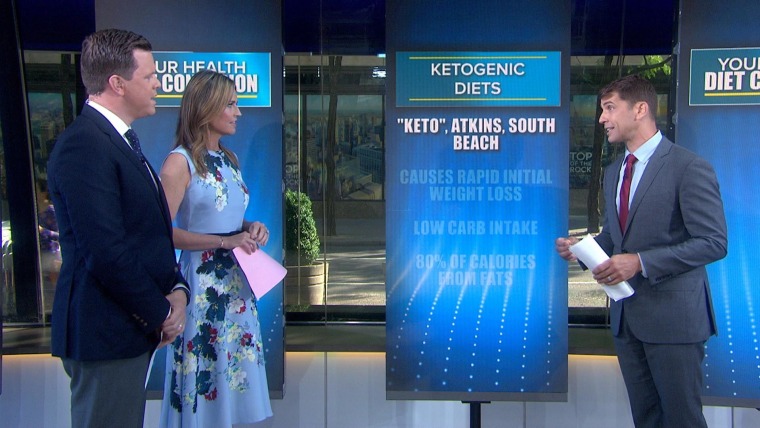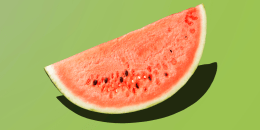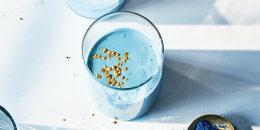Protein. When people see this word they often think of steak, chicken, powders and bars. Protein seems to be water cooler chatter as much as it is dinner time talk. But what's with all of the hype? Why are we all so protein obsessed?
Perhaps it's because protein is a vital macronutrient that has a long list of nutritional benefits. It’s critical for building and repairing tissues, for forming hormones and enzymes and it even reduces hunger hormones. Protein is a back-up fuel source and helps provide satiety (keeps you satisfied) so that you can go about your day without daydreaming about your next meal.
Many people worry about not getting enough protein and others think they are getting too much. The truth is, it is easier than you think to eat enough protein. The bigger issue is if you're eating the right kind of protein. Let’s talk about the basics.
How much protein do you need in a day?
About 50 grams, or about 15 percent of your calories, is enough daily protein for the average adult to meet basic needs. Eating as much as a third of your daily calories from protein (about 112 grams) is both safe and beneficial.
Focus on eating a little at every meal and snack, rather than loading up at dinner, since protein is digested more slowly than carbohydrates and helps you feel satisfied. (It’s not as hard as you think — even some veggies have protein!)
Be picky about the type of protein you're eating.
The type of protein you're eating is probably more important than meeting (or exceeding) an exact number. When I say bumping up your protein to about a third of your daily calories is safe, I’m talking about a mix of plant and animal protein. Your best bet is to keep your animal protein intake around 10-15 percent (if you’re eating animal protein) and then incorporate delicious plant-based protein sources like legumes, ancient grains and nuts, too.
And when it comes to animal protein, stick to high-quality sources like organic chicken, grass-fed beef and wild-caught salmon. Some of my favorite healthy protein sources are listed here.
The amount of protein you need depends on your lifestyle.
If you’re an athlete, you should eat more protein overall, and especially post-workout, since your muscles use it to recover. (A high-quality protein powder may be your best bet in this scenario.) As you age, it’s also harder to keep muscle mass, so you may want to bump up your protein a little to counteract that.
Finally, pay more attention to your protein intake if you’re a vegetarian or vegan. While how much you need won’t be any different, it may take more of a conscious effort to get it in without animal products in your diet.
Now, who wants to join me for a quinoa bowl topped with grass-fed steak and chocolate protein truffle for dessert?
For more advice from Keri, follow her on Instagram.












